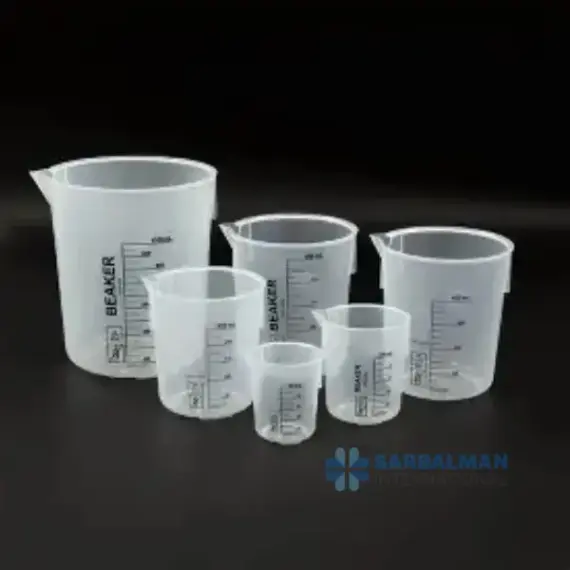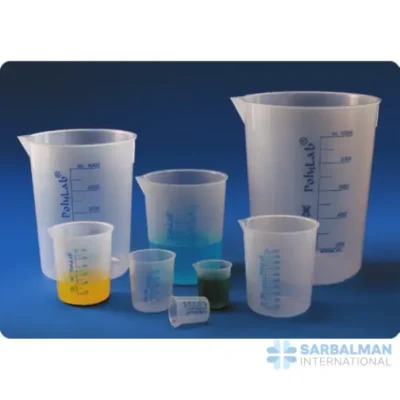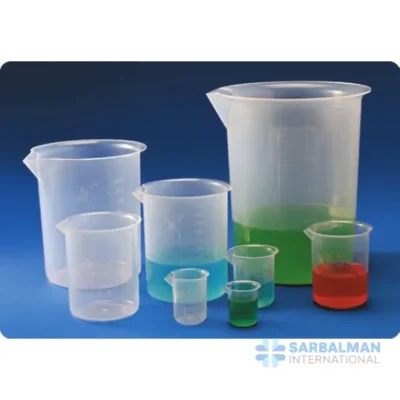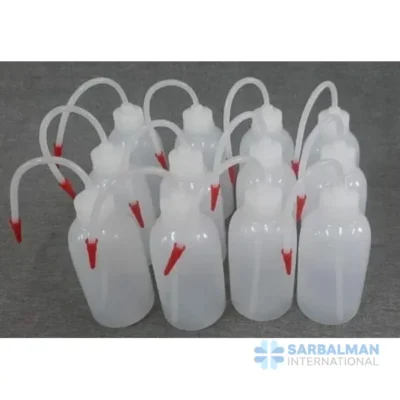Plastic Lab Beakers
Free!
Plastic Lab Beakers are lightweight, break-resistant containers for mixing, transferring, and estimating liquid volumes. They feature molded graduations, a clean-pour spout, and materials that stand up to routine reagents and lab handling. Buyers choose them for durability, easy visibility, space-saving storage, and autoclavable options that support everyday prep work, training, and QA tasks in research, education, and production labs.
Description
Plastic Lab Beakers are durable, lightweight containers for mixing, transferring, and roughly measuring liquids in scientific and industrial settings. Made from laboratory-grade polymers such as polypropylene or polymethyl pentene, they resist many common reagents and handle routine heating and cooling cycles. A wide, stable base and an anti-drip spout make pouring clean and controlled. Clear, molded graduations provide quick volume estimates for day-to-day tasks, training, and QA checks.
Key features and benefits:
• Chemically resistant materials suitable for water-based solutions and many acids, bases, and salts
• Translucent or crystal-clear walls for easy viewing of meniscus and color change
• Molded graduations for approximate measurements; ideal for prep work and transfers
• Tapered form factor for nesting and space-saving storage
• Sturdy rim and drip-resistant spout for smooth, controlled pouring
• Multiple capacities from small sample work to bulk preparation
• Autoclavable polypropylene and PMP options to support hygienic reuse (follow material limits)
Typical applications:
• Sample preparation, reagent mixing, titration setup, and decanting
• Education and training labs where break resistance matters
• QA/QC benches in food, beverage, cosmetics, and pharmaceutical environments
• Field testing where portability and durability reduce breakage risk
Comparison and selection notes:
• Versus glass beakers: plastic reduces breakage, weight, and noise; choose glass for high-heat work or aggressive organic solvents
• Versus graduated cylinders: beakers are faster for mixing and pouring; cylinders provide higher measurement accuracy
• Choose material based on task: polypropylene for general use and autoclaving; PMP for better clarity; PTFE for demanding chemical and temperature resistance
Quality considerations:
• Verify chemical compatibility for your reagents, observe temperature limits, and reserve beakers with precise calibration needs for volumetric glassware.







